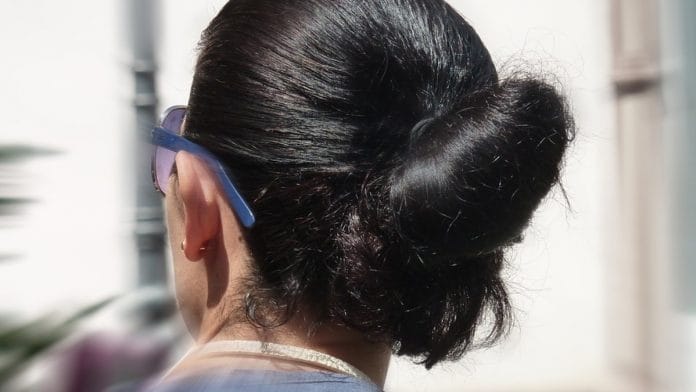New Delhi: Stress hormone levels in people’s hair can reveal how the Covid-19 pandemic impacted the mental health of families, scientists have concluded based on a new study.
In the study, published in the journal Child Development Monday, researchers from New York University Abu Dhabi (NYUAD) said higher hair cortisol levels were seen in mothers and children of families that had faced more disruptions due to the pandemic.
Cortisol is a stress hormone that kicks in fight-or-flight situations, signalling to the body to curb functions that would be non-essential or harmful at such times.
For the study, 52 predominantly lower income Jordanian and Syrian families with young children were studied in Jordan.
The team had been working on another study before the pandemic, for which it used samples from cortisol tests of mothers and children in Jordan in 2019. The same families were then followed up with, to explore stress physiology, family functioning, and mental health over the first nine months of the pandemic.
The study found that negative changes to family life predicted greater hair cortisol concentration for children, which reflected their cumulative stress.
Mothers reported more negative changes to family life in June 2020, when their children had poorer behavioral self-regulation.
More negative changes to family life predicted greater hair cortisol concentrations in children in June 2020, and more negative changes predicted worse child and mother psychosocial adjustment in December 2020.
The study concluded that the adverse physiological and psychological consequences of the pandemic will likely carry long-term effects on children’s future capacity to learn and thrive.
Also read: Mu — the latest SARS-CoV-2 ‘variant of interest’ first found in Colombia
Need to support families, say scientists
The team of researchers also found that raised levels of family adversity predicted worse mental health in children and mothers in December 2020.
“The Covid-19 pandemic has been a global mental health crisis, as well as a physical health crisis,” said Antje von Suchodoletz, Assistant Professor at NYUAD, who led the research.
“Our research showed that in families experiencing greater disruption, the hair cortisol tests of children and mothers showed evidence of ‘stress getting under the skin’,” she said.
“These findings point to the importance of developing programs to address the daily needs of families in LMIC (low-to-middle-income countries) during periods of acute and prolonged crises, and particularly families with few economic resources to draw upon,” von Suchodoletz added.
Also read: Scientists have found a ‘second brain’. And it’s in your gut






